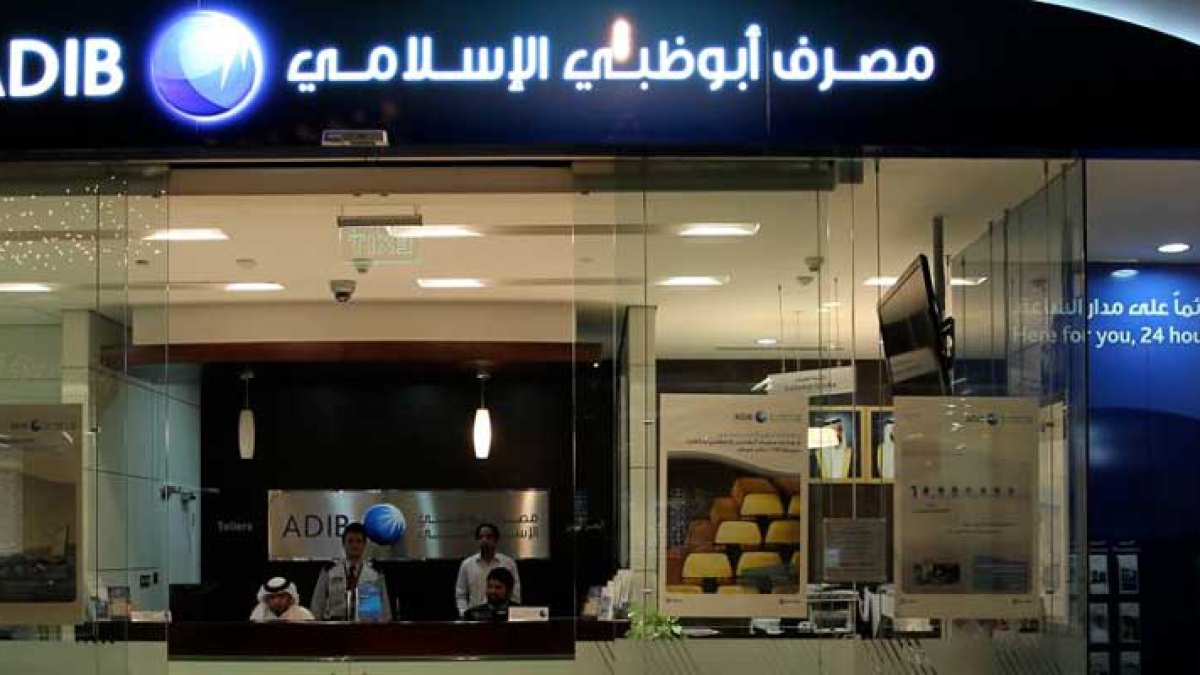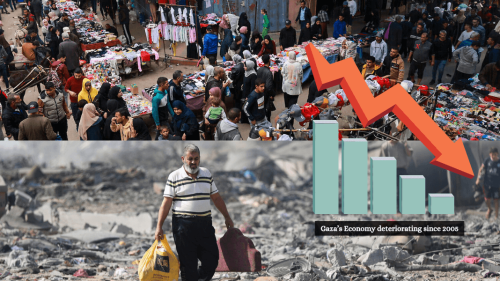Imitating Traditional Banking Will Destroy Islamic Banking

When the global financial crisis first struck markets and international financial institutions, it caused massive Tsunami waves that flooded financial ports all over the world in bankruptcy, leaving no country untouched. The world began to look around it and was surprised to discover that only a few small islands in this financial ocean had managed to survive this devastating Tsunami. Those islands represented the financial institutions operating in accordance with Islamic Sharia law. Consequently, many of the world's intellectuals began advocating the idea of adopting the fundamentals of these financial institutions; fundamentals that succeeded in seeing these institutions through the crisis.
None of the Islamic financial institutions were trading in what caused the crisis or what was at the core of this crisis; namely financial derivatives, or what came to be known as the "poisoned bonds". As a result of the international praise the Islamic banking industry and its principles received, numerous banking experts and theorists were overwhelmed by enthusiasm and wrote eloquent speeches and articles about the decline of capitalism and the rise of Islamic banking as an alternative. However, those people forgot that the Islamic banking system in operation today is nothing more than an imitation of the traditional banking system in terms of its instruments and practices. Islamic banking has already strayed from the theoretical foundation it was based upon, namely that of joint-risk ventures. Even though this foundation continued to be taught in theory, it became non-existent in reality as Islamic banking turned towards buying and selling loans. The bulk of transactions today are based on the Tawarruq and Murabaha financial structures.
Nevertheless, it does not look like Islamic banking will stop adopting tools used in traditional banking until it actually destroys itself. The media recently reported a story about the World Federation of Exchanges (WFE) stating that the final touches are about to be added to a key agreement specifying the international standards for Islamic financial derivatives in collaboration with the Islamic Stock Exchange in Bahrain. To tell the truth, this is very confusing. It was not long ago that Islamic banking was boasting about the fact that it had not been harmed by the international financial crisis and that the reason for this was that it refrained from dealing in financial derivatives due to their illegitimacy. This protected Islamic banking from such a crisis and invited the world to adopt its principles so as to avoid experiencing similar crises in the future.
However, today Islamic banking is seeking to strike a deal with the WFE to set international standards in place for Islamic financial derivatives in order to enter the derivatives market. How can we explain this contradiction in words and actions? The only logical explanation is that until the international financial crisis took place, Islamic banking did not possess any derivative instruments and this is what saved it from confronting the crisis. Therefore, it preferred to ride the wave by criticizing those instruments and ascribing its success of not having to face this crisis to its abstention from dealing in those instruments, which is true. But the real reason for that, as mentioned before, was not its reluctance to enter the derivatives market, but rather the unavailability of products and there is a big difference between the two.
Though I believe it is imperative for Islamic banking to try and find alternatives that are in accordance with Islamic Sharia law to enable it to handle the risks that it might encounter, which would probably arise from external factors such as the inconsistency of exchange and interest rates, I strongly suggest that those alternatives should be limited to this purpose and should not under any circumstances become products that are traded on the market. This falls under the responsibility of religious authorities that permit such alternatives. Those authorities could impose restrictions on such alternatives, thus, preventing them from becoming goods that could be traded. These alternatives should rather be instruments that we could resort to only when necessary. However, Islamic banking has accustomed us to the exact opposite - turning solutions to some problems over time into alternatives to be promoted. In fact those alternatives ended up outperforming other [financial tools]. For example, the Tawarruq mode of finance was originally a solution to provide monetary funding but it grew to become the predominant instrument in the Islamic financial market, consequently cancelling out all other instruments of Islamic finance. I fear that the instruments of risk management in Islamic finance would transform into a whole new independent industry just as the case is with traditional banking.
In this context, I would like to remind those in charge of the Islamic banking industry of the following Quranic verse: 'Do you enjoin right conduct on the people, and forget to practice it yourselves, and yet you study the Scripture? Will you not understand?' (Surat al Baqara, Verse 44).
Source: Asharq Alawsat - http://www.asharq-e.com
Related Suggestions
Traditional banking does not produce good bankers. And Islamic Banking does not produce good bankers either. Character does, which is lacking in any society, Islamic or non-islamic. Just look at muslim rulers. Can you find anyone with good character? Same thing with non-islamic rulers.
Do the ulama have the expertise to understand financial terminology? Can they resist being on the advisory boards of a lucrative industry- these are the hard but important questions.
into what is currently viewed as right or normal (the way it's done
here or now). As long as the believers continue to trend toward the
"new the now" we shall receive the rewards of these actions. Or we
follow what is written and receive the rewards of Allah. Once we are
all in Debt we shall not only be slaves (again) but slaves to Satan
and the ways of Satan. Just look around They have just ordained gay
Ministers?? Dyeing society, and a Failing economy?? Who would
fallow that.,
God asked why did you make my followers do that?? Satan replies i
didn't make them. I called and They came! Thats on them !!!!

















